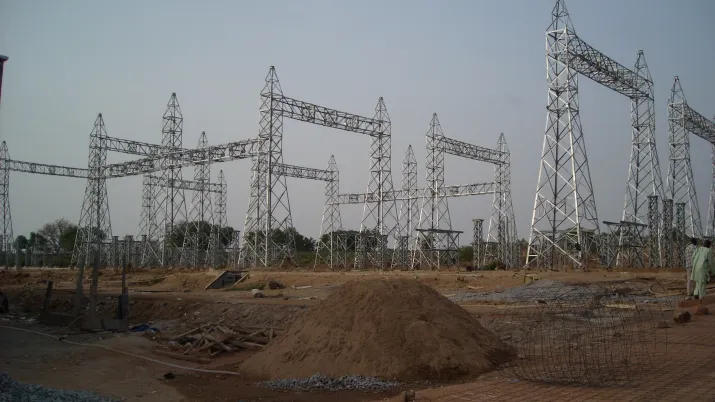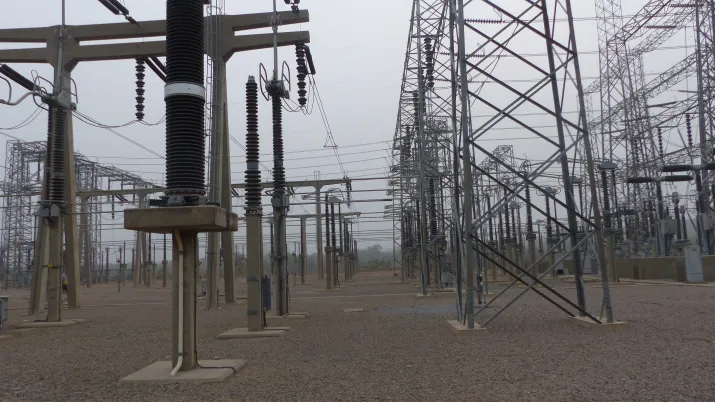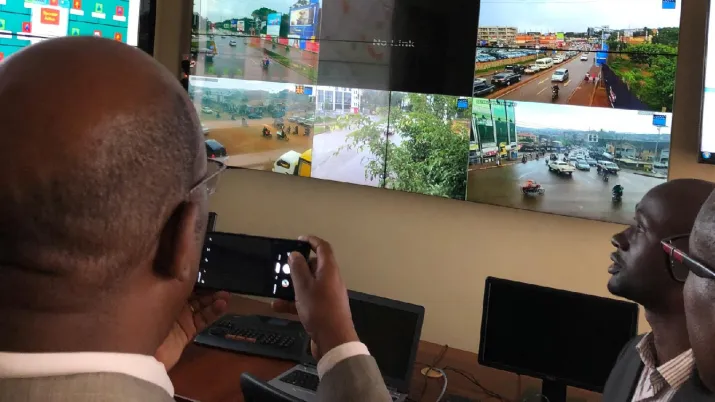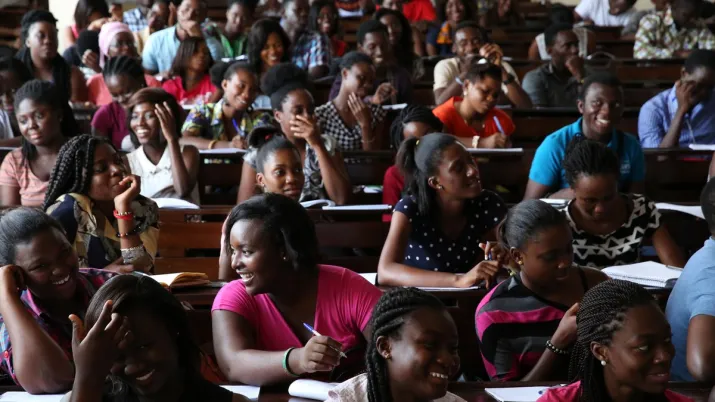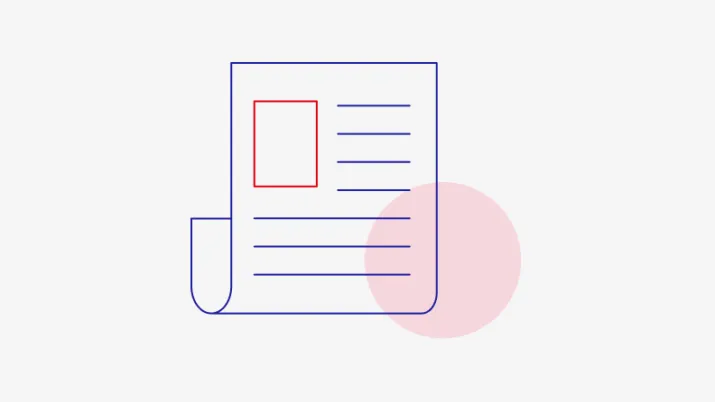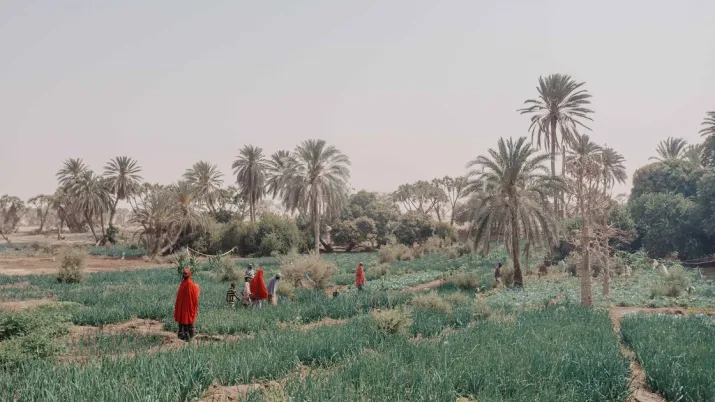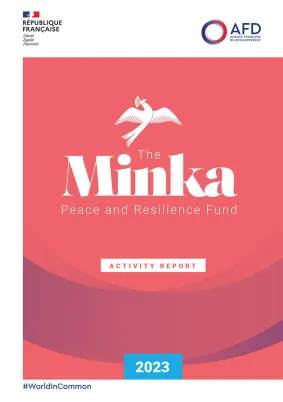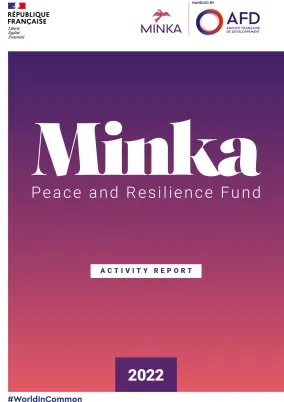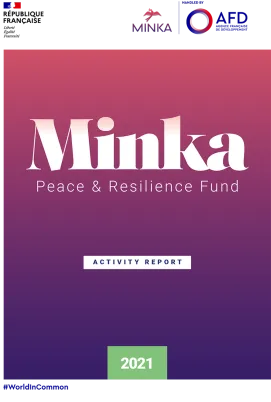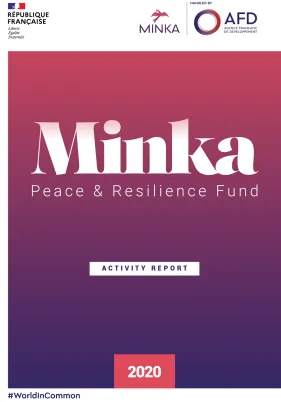Share the page
Nigeria
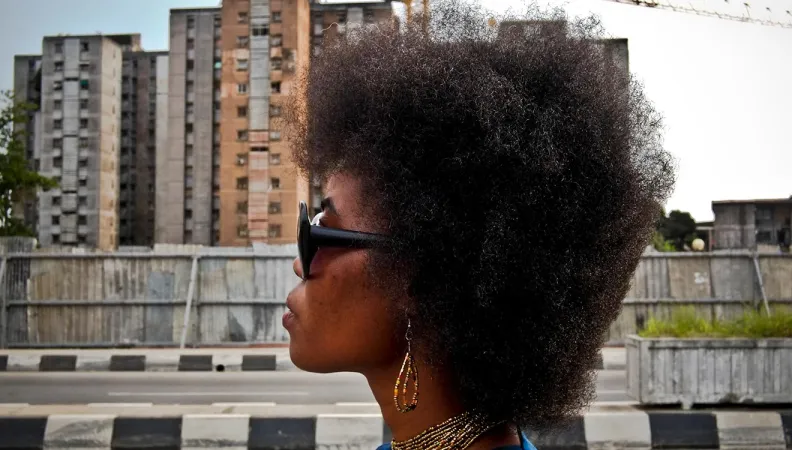
AFD began its activities in Nigeria 12 years ago and is now one of the country’s important partners. Its varied financing solutions contribute not only to the development of a competitive economy that creates jobs and wealth, but also to shared, inclusive and resilient development.
Context
Nigeria is the driving force in West Africa and more generally of the African continent. It is the most populous country in Africa and the continent’s leading economy. The country is faced with a wide disparity in wealth, territorial imbalances and weaknesses in governance. AFD focuses on the diversification of the country’s economy, the low-carbon energy transition and sustainable and productive agricultural activity to ensure food security. Since 2018, AFD has been operating in new sectors: governance, higher education, sanitation, cultural and creative industries, digital technologies and sport.
Thanks to AFD’s contribution, 2 million people benefit from easier access to drinking water. Building on its regional base, the AFD agency in Abuja finances the agricultural development activities of the Economic Community of West African States (ECOWAS) for the benefit of Nigeria and its neighboring countries.
AFD's Nigeria office is directly attached to the Guf of Guinea regional office in Abidjan.
Our approach
AFD and Nigeria: 12 years of partnership for a low-carbon and competitive social economy
Available electricity power in Nigeria is insufficient for a country of 200 million people with growing needs. The power sector is moslty privatized and has suffered from chronic underinvestment. In response to this challenge, AFD is providing substantial financing and assisting on issues such as security of the electricity system, developing renewable energies, and promoting energy efficiency.
AFD thus provides support for:
- the national electricity transmission company Transmission Company of Nigeria (TCN), for the development of the interconnected network of electricity transmission;
- support private electricity distribution companies (DISCOs);
- vocational training in the electricity sector, via NAPTIN training centers.
Urban mobility and access to drinking water are major challenges for a country like Nigeria, which has several cities with populations in the millions, the largest of which is Lagos with 20 million inhabitants.
Through its new mandates (sport, digital, cultural and creative industries) AFD promotes a new definition of a sustainable city: A city that engages in dialogue with its inhabitants and directly takes part in strengthening social cohesion and tackling exclusion.
Within this framework, AFD provides support in:
- implementing integrated urban transport programs, particularly in Lagos;
- the national urban water sector reform program, in particular by financing the improvement and extension of drinking-water production and distribution networks, developing access to and guiding water companies towards more efficient management;
- a social cohesion strengthening program through sport in Lagos (implemented in partnership with the NBA).
In addition to direct financing for the private sector which is essential for diversification of the economy, job creation and investment, AFD supports initiatives to facilitate access to loans for small and medium-sized enterprises, notably through its partnership with the Development Bank of Nigeria (DBN), and guarantee schemes, to share risk. In collaboration with the World Bank, AFD supports the government’s efforts to improve the management of public services and other sectors (intellectual property, personal data management, higher education).
In Nigeria, over 60% of the population depends on agriculture for their livelihood. But farmers and their families live in difficult conditions. The agricultural sector suffers from shortcomings in all areas: inadequate or unmaintained infrastructures, limited access to inputs and techniques, lack of farmers organizations, etc. In view of these conditions, AFD focuses on basic infrastructures such as rural roads, to help unleash Nigeria’s agricultural potential.
At the African regional level, AFD provides support for the agricultural policy of the Economic Community of West African States (ECOWAS), in particular through co-financing with the European Union, as well as for conflict reduction and prevention. As one of the donors of ECOWAS, AFD’s actions focus on food security and agriculture via technical and financial support for regional projects. In order to reduce tensions in the region of Lake Chad, AFD provides assistance to a regional program implemented by Action Contre la Faim (Action against Hunger) to help vulnerable and displaced people.
The Northeast of the country is facing a major humanitarian crisis caused by insurgent armed groups around Lake Chad. The crisis has prompted massive displacement of people fleeing the violence, both inside the country and across the borders of the four neighboring countries.
The disintegration of public services, agricultural production and commercial supply networks has plunged these populations into extreme vulnerability.
The first priority for the authorities and the international community is to provide a humanitarian response, which does not preclude longer-term development. Indeed, both should aim to address the underlying causes of protracted crises and the needs that result.
AFD is working on several regional projects with the aim of strengthening social cohesion between the affected communities (such as displaced and host), and of supporting the revival of economic activity, especially for agriculture. It is also assisting local authorities in their capacity to restore public services.
In the field
Below, find the country's projects, news, publications, and contact details in one click.
Projects
News & Press Releases
Africa–France academic partnerships (PeA) program: Five new recipients
Published on December 12, 2025
Lagos State partners with AFD, European Union, and European Investment Bank to launch Omi Eko project
Published on October 22, 2025
Publications & Media
Key figures
-
35 projects financed in 12 years
-
2 billion euros of commitments since 2008
-
2 million people benefit from improved access to drinking water

